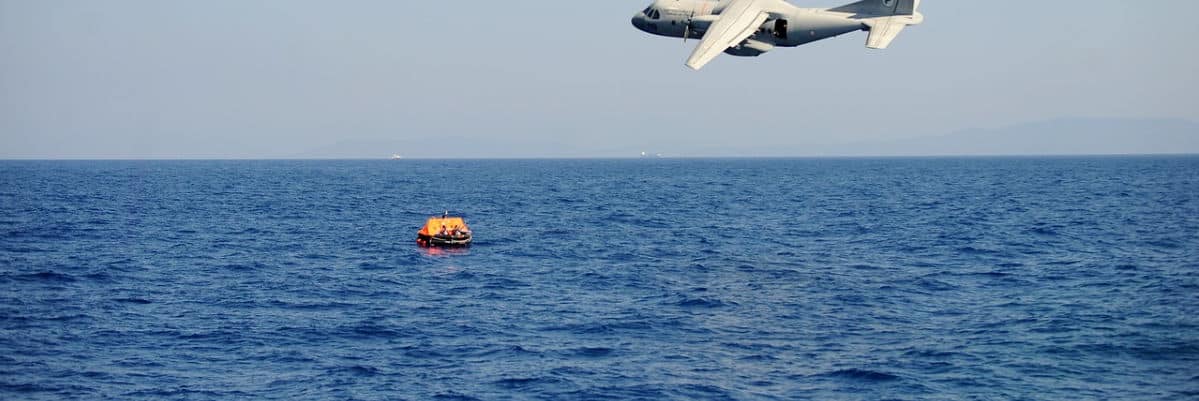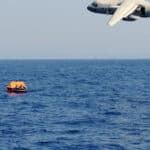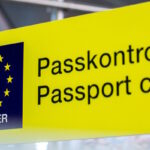The latest landings from NGO ships in Italy and France have finally triggered the EU, which has turned - obtorto collo - the spotlight on the central Mediterranean route, where some 95,000 illegal immigrants arrived in 2022, of whom only 14 percent were possible claimants of political asylum. Most departed from Libya and Tunisia, with the largest numbers being Egyptians (21 percent), Tunisians (19 percent), and Bengalis (15 percent), an increase of more than 50 percent over 2021, 70 percent over 2020, and 95 percent over 2019. A trend that does not bode well and confirms the exponential increase in mass illegal migration of so-called economic migrants.
The action plan just enacted by the EU, based on 20 points, while full of good intentions appears to be unpragmatic, poorly impactful and objectively unconvincing. Insisting once again on the abstract concept of voluntary solidarity mechanism, the EU states that it has addressed the issue through
targeted outreach towards third countries (i.e., Tunisia, Egypt, and Bangladesh) to strengthen cooperation on the fight against smuggling and targeted actions along the routes (i.e., Niger) through the reinforcement of border and coast guard capacities, enhanced cooperation on return and legal migration.
Regrettably, the results achieved have not been what was hoped for, as the numbers of landings in the past 4 years have been rising sharply as well as the proliferation of departure bases even in Cyrenaica and Turkey. If these are the results, one wonders where the 580 million euros that the EU has spent or intends to spend for the period 2021-2023 under the regional multi-country programming for migration support in North Africa, along with bilateral programs with individual countries, has gone.
There are two considerations to be made: the first is that it is not enough to give money to third countries to solve the problem, but it is necessary to persuade countries of transit and origin to far more all-out cooperation, at the cost of using coercive tools. The second consideration is that the trap for Italy is ready to spring, given French Interior Minister Darmarin's blackmail: France does not intend to share refugee relocations if Italy does not agree to become the sole port of call for all NGO ships in the Mediterranean. But perhaps one thing is not clear to the public: the relocations refer only to those entitled to asylum. Thus, by 2022 we are talking about no more than 14,000 potential refugees who, in theory, could be subject to relocation (a part would still remain in Italy because of the percentage assigned to our country) versus the 81,000 illegal non-asylum seekers who would still remain in Italy and who, if they tried to cross the Alpine borders, would be returned to Italy at Ventimiglia, Chiasso or the Brenner Pass.
Another important food for thought is that if the concept of widespread relocation in Europe ever comes to fruition, it would become a very powerful pull factor, far superior to the pull factor provided by NGO ships in front of the Libyan coast.
Ultimately, if Italy let its guard down by agreeing to let all the illegal immigrants from NGO ships land in its ports, thinking then to redistribute them in Europe, it would see on the one hand the vast majority of those landed staying in Italy and on the other hand increase the flow of illegals driven by the idea of easy relocation to other European countries, which would happen very rarely.
Therefore, be wary of any form of relocation other than what might be provided by North African countries by opening "disembarkation platforms" at which to return migrants intercepted at sea and then route them to asylum or repatriation.
Senior Fellow of the Centro Studi Machiavelli. Admiral of division (res.), former commander of destroyers and frigates, he has held important diplomatic, financial, technical and strategic assignments for the Defence and Navy Chiefs of Staff, both at home and abroad, at sea and on land, pursuing the application of capabilities aimed at making the Italian defence and security policy effective.









Scrivi un commento